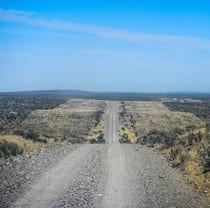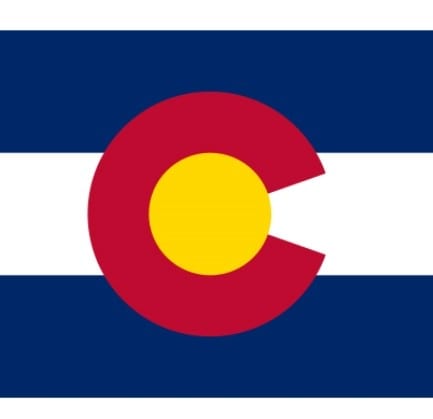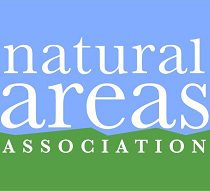Events

Science-Management Discussion on the Current Knowledge of Fuel Breaks – Recording Ready
Discussion Recording. An informal discussion on current fuel break knowledge from science and management. Brief presentations on the latest in fuel break science and practice, and discussions around your fuel break questions. Presenters: Doug Shinneman, Research Fire Ecologist with USGS, and Lance Okeson, Fire Management Officer with Boise District BLM

“Mann Gulch, Norman Maclean, and Young Men and Fire” with Stephen Pyne
View webinar recording. On August 5, 1949, a fire was spotted at Mann Gulch, near Helena, Montana. The U.S. Forest Service dispatched a team of 15 smokejumpers, who were met…

Virtual fence 101: Exploring the boundaries of virtual fence
View webinar recording.

Increasing the success of invasive annual grass restoration projects
View webinar recording. This webinar for land management practitioners goes deep on subjects like wildfire prevention, rangeland restoration, and invasive vegetation treatments.

Colorado Wildland Fire Conference
Conference webpage. The 2024 Meeting the Moment Conference will be October 1-4, 2024 at Viewline Resort Snowmass, 100 Elbert Ln, Snowmass Village, CO 81615.

Federal wildland firefighter health and wellbeing webinar series
Webinar recordings.

Natural Areas Conference 2024
Conference website. 2024 Natural Areas Conference (NAC24) October 7-10, 2024 Manhattan, Kansas For the past 50 years, NAA’s Natural Areas Conference has gathered federal, state, tribal, regional, and local natural…

Post-fire restoration infrastructure: Adjusting our systems to new patterns of runoff
Webinar recording. We reengineer and rebuild after wildfire through a range of treatments, trying to match our built infrastructure to new, amplified patterns of runoff. A national wildfire practitioner speaks…

Ecological drought: Future of aquatic flows
Webinar recording. This webinar will explore how climate change is altering aquatic flows in streams and rivers across the country. Implications of how the nexus of climate and aquatic flows…

Recreating and relating to the land after fire
Webinar recording. Wildfires reshape recreation access and experiences over the short and long term. A researcher shares emerging science that is revealing how people return to and perceive wildfire-affected landscapes,…

